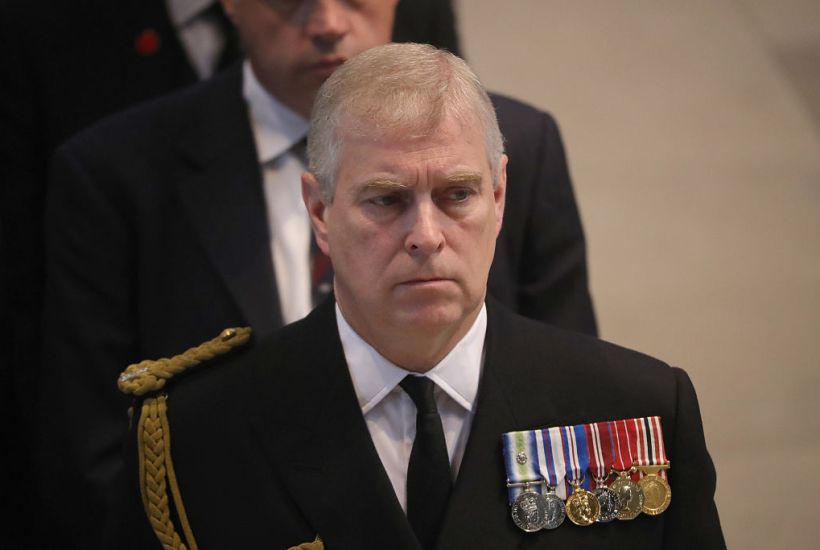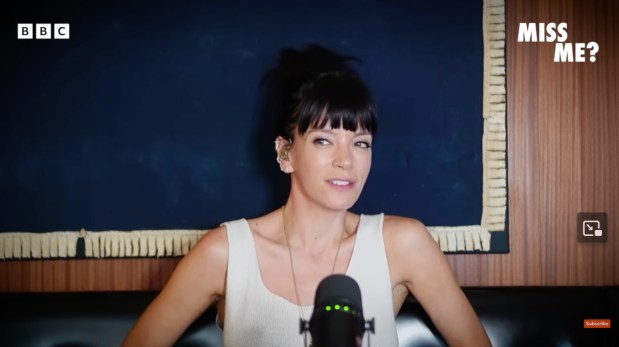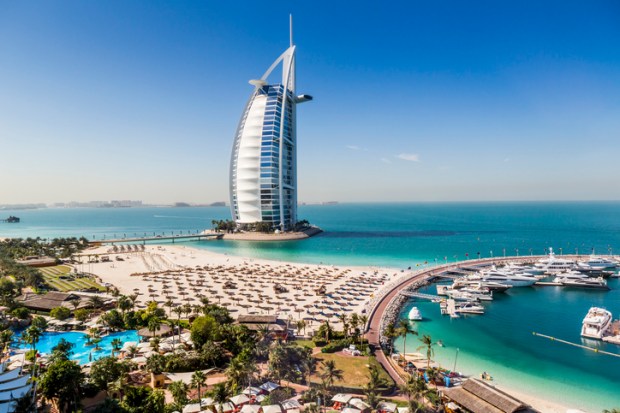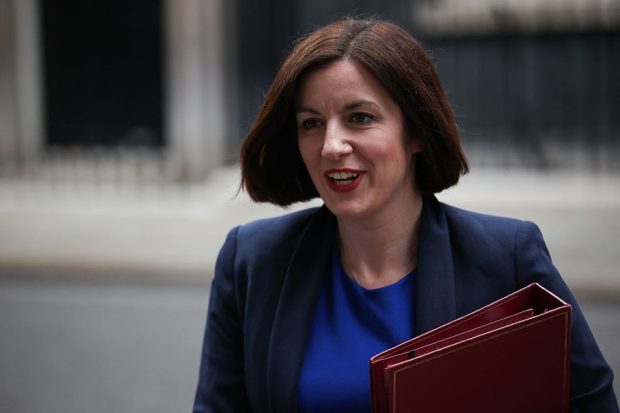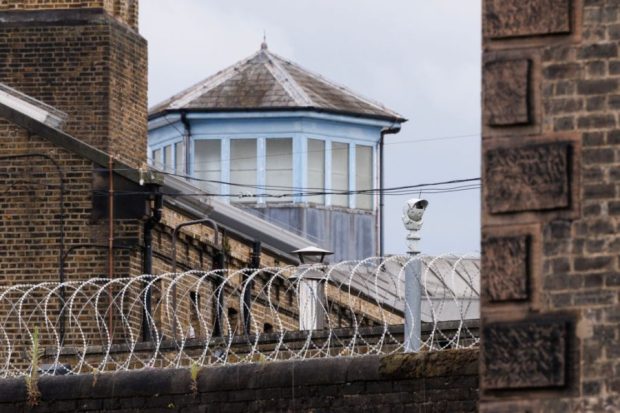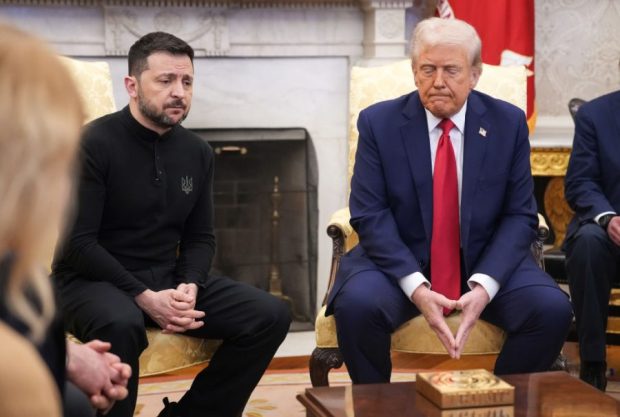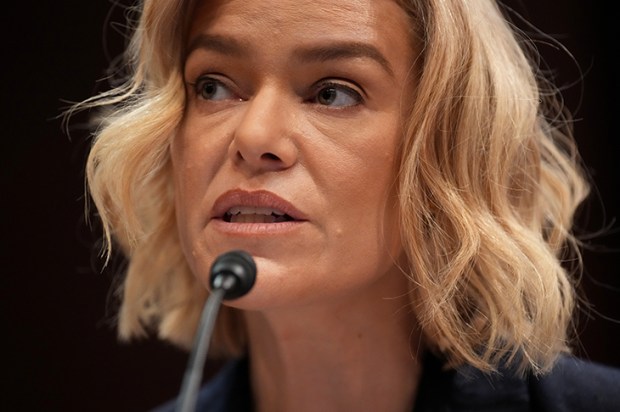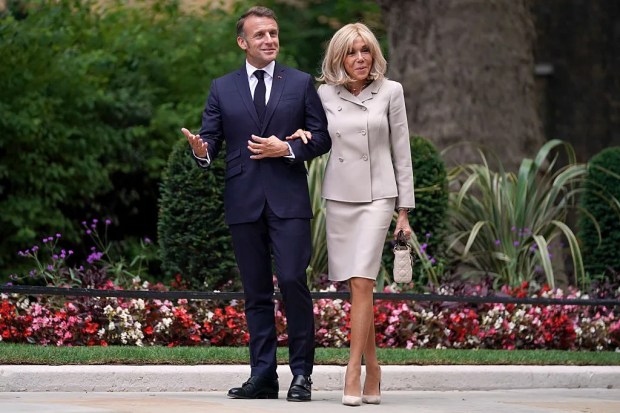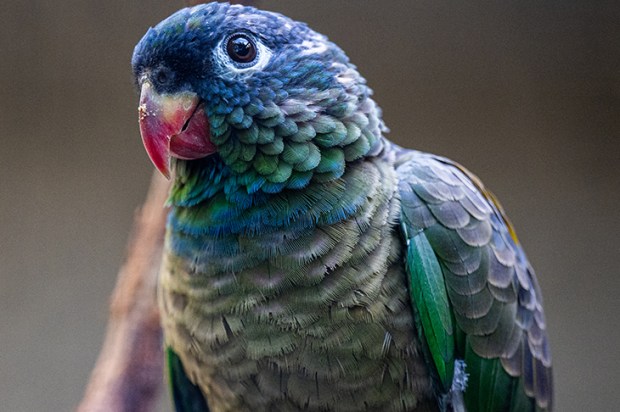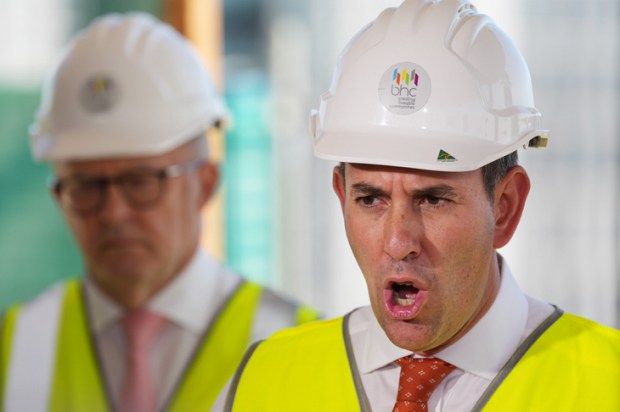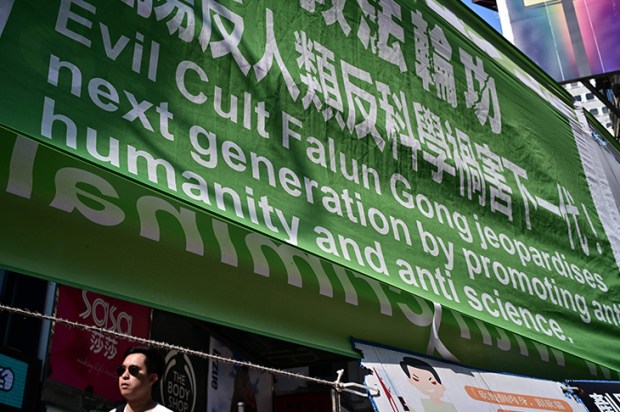Well, they’ve got their scalp. Prince Andrew is retiring from public life. But before he did, he said in his prepared statement all the things a more media-savvy individual might have done during the televised interview with Emily Maitlis.
‘I continue to unequivocally regret my ill-judged association with Jeffrey Epstein. His suicide has left many unanswered questions, particularly for his victims, and I deeply sympathise with everyone who has been affected and wants some form of closure. I can only hope that, in time, they will be able to rebuild their lives.’
He added that he was ‘willing to help any appropriate law enforcement agency with their investigations, if required’.
These were the missing words. Only now has the prince gone through the motions required of a penitent. He has put Jeffrey Epstein’s victims centre stage; he’s expressed unequivocal regret about associating with a man who sexually manipulated minors. In fact, I don’t actually think that he didn’t feel sympathy with the victims during the interview; I just don’t think he felt it necessary to say so, since he didn’t see himself as having been involved with the sexual exploitation.
This was his main, perhaps fatal error. He didn’t realise that he, though not involved (as he saw it), had to express remorse for his former friend’s actions. He may not be saying anything more now than he felt was self-evident then, but we need to hear him say it.
He’s paying the price. Of course a more sensitive man would have observed that he was not the primary victim of Jeffrey Epstein, but my own view is that the Prince thought that he was taking part in the interview to address his own association with the man, not anyone else’s. And I am of course assuming he is telling the truth.
You can certainly fault him for insensitivity, but it’s not a cardinal sin, not anything like the abuse of young girls. And not enough to warrant his expulsion from public life. You can certainly feel that he was a complete idiot not to have recognised Epstein for what he was, and his own value as a royal to that particular circle, but dimness is not tantamount to wickedness. He should have seen the relationship as toxic, and a man with a bevy of young girls someone not to touch with a girder, but it’s still not guilt by association. It’s stupidity.
But now he’s stepping down from his duties – which apparently he performed with commitment – for the foreseeable future. And the reason it’s happening is that he was perhaps the last public figure on earth not to be schooled to the last syllable for any encounter with the press. He answered straight questions with straight answers, which is what led to his undoing. He’s been convicted of not being modern, in his diction and his expressions, and of an astonishing naivety.
But appearances were against him too. He’s not photogenic like the younger royals, he looks downright Hanoverian, but the sadness of his life is that, perhaps like Prince Harry, he wasn’t left in the armed services, where he might have continued to do useful work, but was left to get on with a rather pointless life out of it. He attracted enormous attention at the time of his marriage to a flighty and unsuitable woman; but both their lives would have been very different if they’d stuck the marriage out rather than divorcing. Certainly if he’d stayed married, he’d have been less likely to have fallen in with the likes of Jeffrey Epstein.
Consider: if it weren’t for the accident of primogeniture, and before equality laws interfered with the succession, Andrew could have been the heir to the throne. As it is, the public doesn’t really register three of the Queen’s children; since Diana, our attention is fixed on the dazzlingly photogenic women who have married into the family. And no, I don’t mean Camilla. Andrew has been forced out of public life, but really, he was never the focus of attention since the Falklands war. Now he’ll slip quietly from view. That bit about giving up duties for the foreseeable future can be translated as: he’s over. He has, as the parlance goes, been called out. And he wasn’t really up to it.

